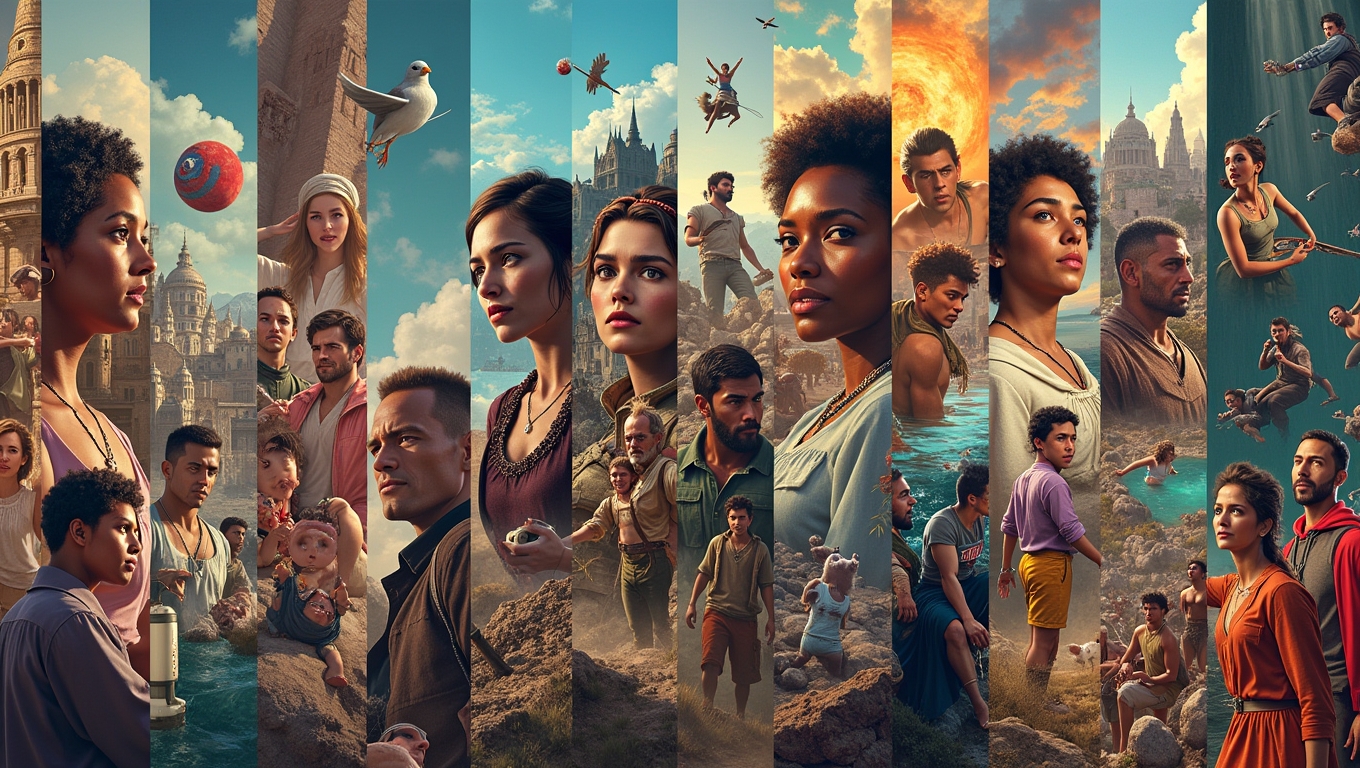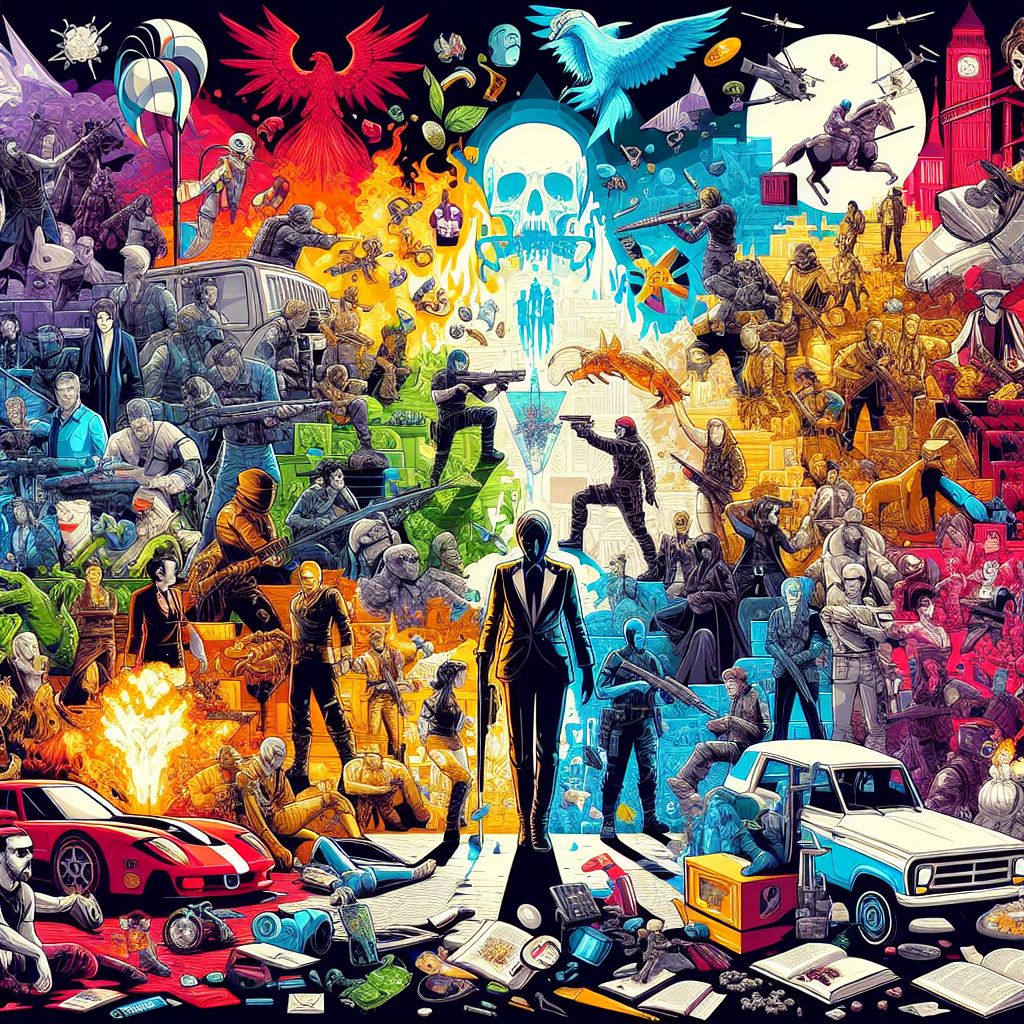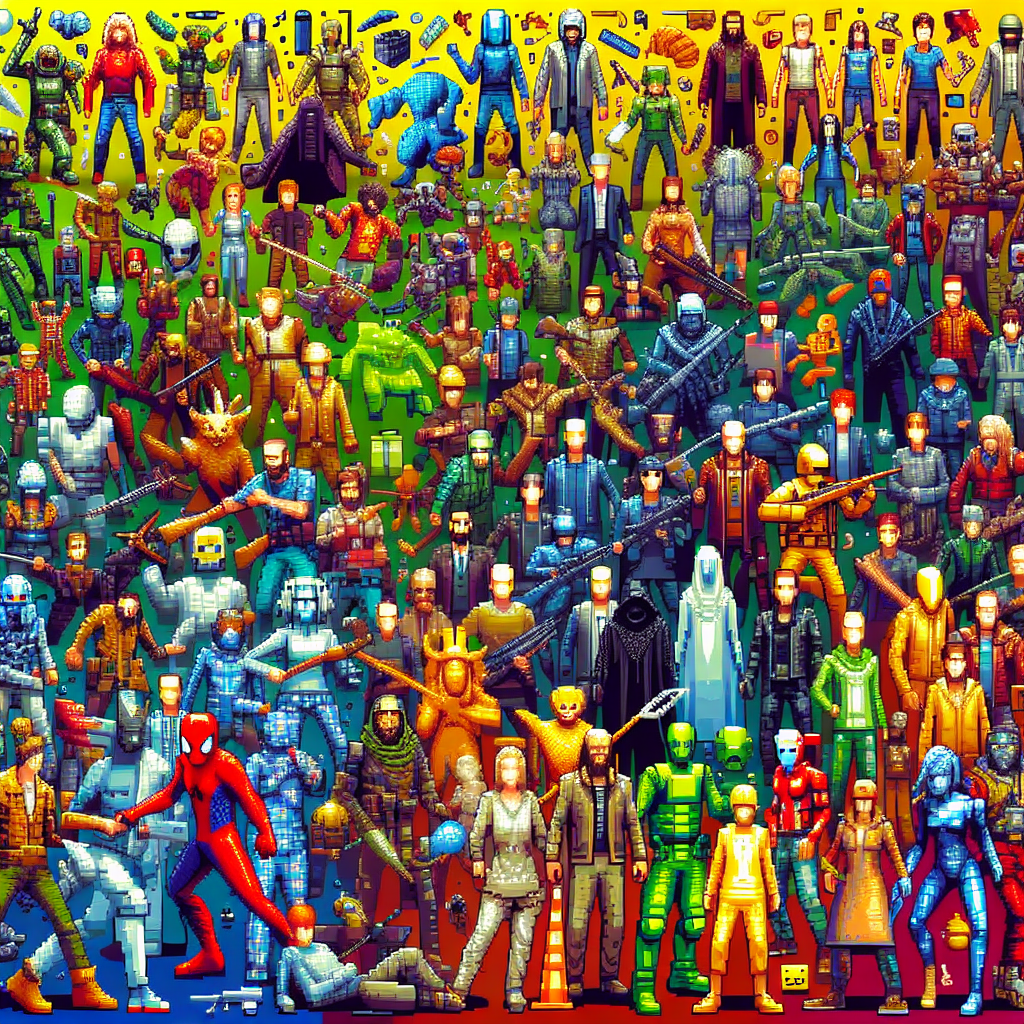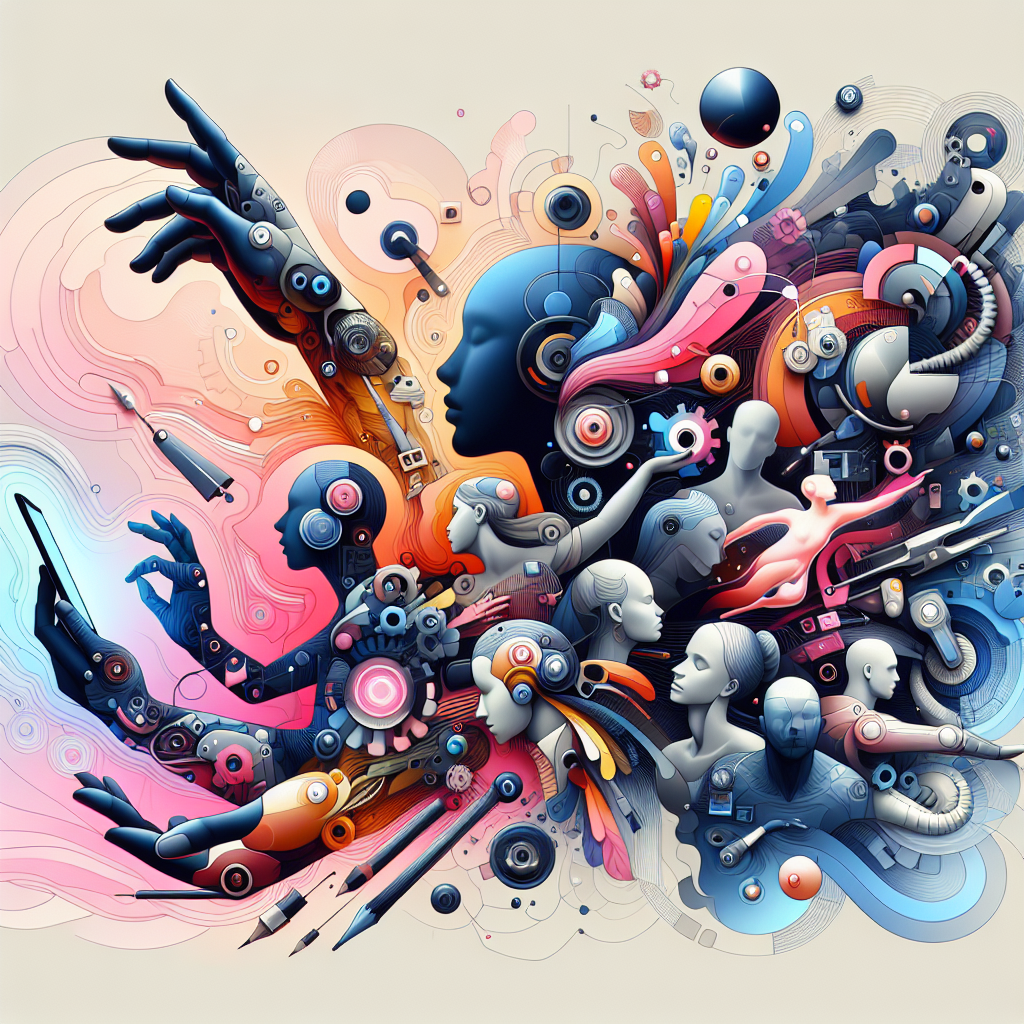In recent years, the world of gaming has evolved significantly, becoming a powerful medium that reflects modern humanity. Games reflecting modern humanity not only entertain but also provide insight into our social dynamics, cultural shifts, and personal struggles. As we delve into this topic, we will explore how games serve as mirrors to our society, highlighting key themes such as identity, community, and ethical dilemmas.
The Evolution of Storytelling in Games
One of the most striking ways in which games reflect modern humanity is through their storytelling. Many contemporary games feature complex narratives that tackle issues such as mental health, social justice, and personal identity. For example, titles like “Life is Strange” and “Celeste” address mental health themes, allowing players to navigate the struggles of their characters while fostering empathy. These narratives resonate with players, providing a sense of connection and understanding that goes beyond mere entertainment.

Moreover, the inclusion of diverse characters and stories in games reflects a growing awareness of representation. Games like “The Last of Us Part II” and “Overwatch” feature protagonists from various backgrounds, helping to challenge stereotypes and promote inclusivity. This shift in storytelling demonstrates how games reflecting modern humanity can influence societal perceptions and encourage conversations around diversity.
The Role of Community in Gaming
Another aspect where games reflecting modern humanity shine is in their ability to foster community. Online multiplayer games and social platforms allow players to connect, collaborate, and share experiences. Titles like “Fortnite” and “Animal Crossing: New Horizons” have created spaces for players to interact, build friendships, and even support each other during challenging times.

These virtual communities reflect our real-world need for connection and belonging. Especially during periods of social isolation, games have provided a vital outlet for human interaction. Players often find support systems within their gaming circles, showcasing how games can serve as a lifeline and a means of social engagement.
Ethical Dilemmas and Moral Choices
Furthermore, many games challenge players with ethical dilemmas that mirror real-world issues. Games reflecting modern humanity often present choices that force players to consider the consequences of their actions, mirroring the moral complexities of life. Titles like “Detroit: Become Human” and “Spec Ops: The Line” invite players to confront difficult questions about morality, choice, and the human experience.
These moral quandaries can spark critical thinking and discussions about ethics in our society. By engaging with these themes, players are encouraged to reflect on their values and the impact of their decisions, both in-game and in real life.
In conclusion, games reflecting modern humanity serve as a profound reflection of our society’s values, challenges, and connections. Through storytelling, community building, and the exploration of ethical dilemmas, games have transcended their traditional role as mere entertainment. They now act as a mirror, enabling players to engage with and understand the complexities of modern life. As we continue to explore this dynamic medium, it is clear that games will remain a vital part of our cultural landscape, shaping and reflecting the human experience for years to come.
Some content and/or images on this page were created using AI.





